For many caregivers, the time eventually comes when professional help is needed. Perhaps for just some much-needed respite for the primary caregiver or maybe full-time professional help is needed daily. Regardless of the circumstances, many people are immobilized by the process. How do you choose? What do I need in a private duty caregiver? There's no one-size-fits-all solution for your individual needs and circumstances; rather, a variety of factors go into identifying a professional caregiver and/or in-home caregiving agency. However, understanding the traits, characteristics, and habits of the most successful caregivers can help you find a caregiver sure to make a significant contribution. Let's take a closer look at six beneficial caregiver traits of a good private duty caregiver.
Read More- Blog
- About Us
- Caregiver Videos
- Alzheimer's
- Ask the Geriatrician
- Assistive Devices
- Caregiver Info
- Cultural Sensitivity
- Dementia
- Dementia Activities
- Depression
- Diabetes
- Elder Abuse
- Elder Care Issues
- En Español
- Fall Prevention
- Grief & Loss
- Heart Issues
- Hearing & Vision
- Hoarding
- Hospice/End of Life
- Living in a
Nursing Home - Medications
- Mental Health
- Nutrition
- Oral Care
- Parkinson's Disease
- Quality of Life
- Senior Health
- Sexuality & Aging
- Spirituality & Aging
- Stress
- Substance Abuse
- Wound Care
- Continuing Ed
- Resources

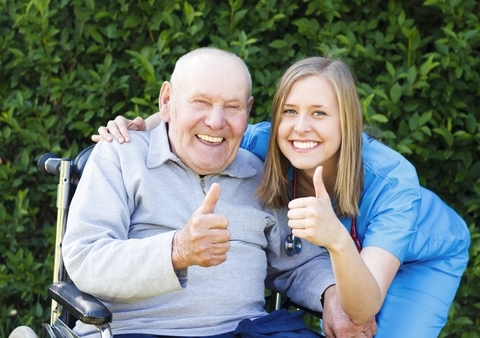

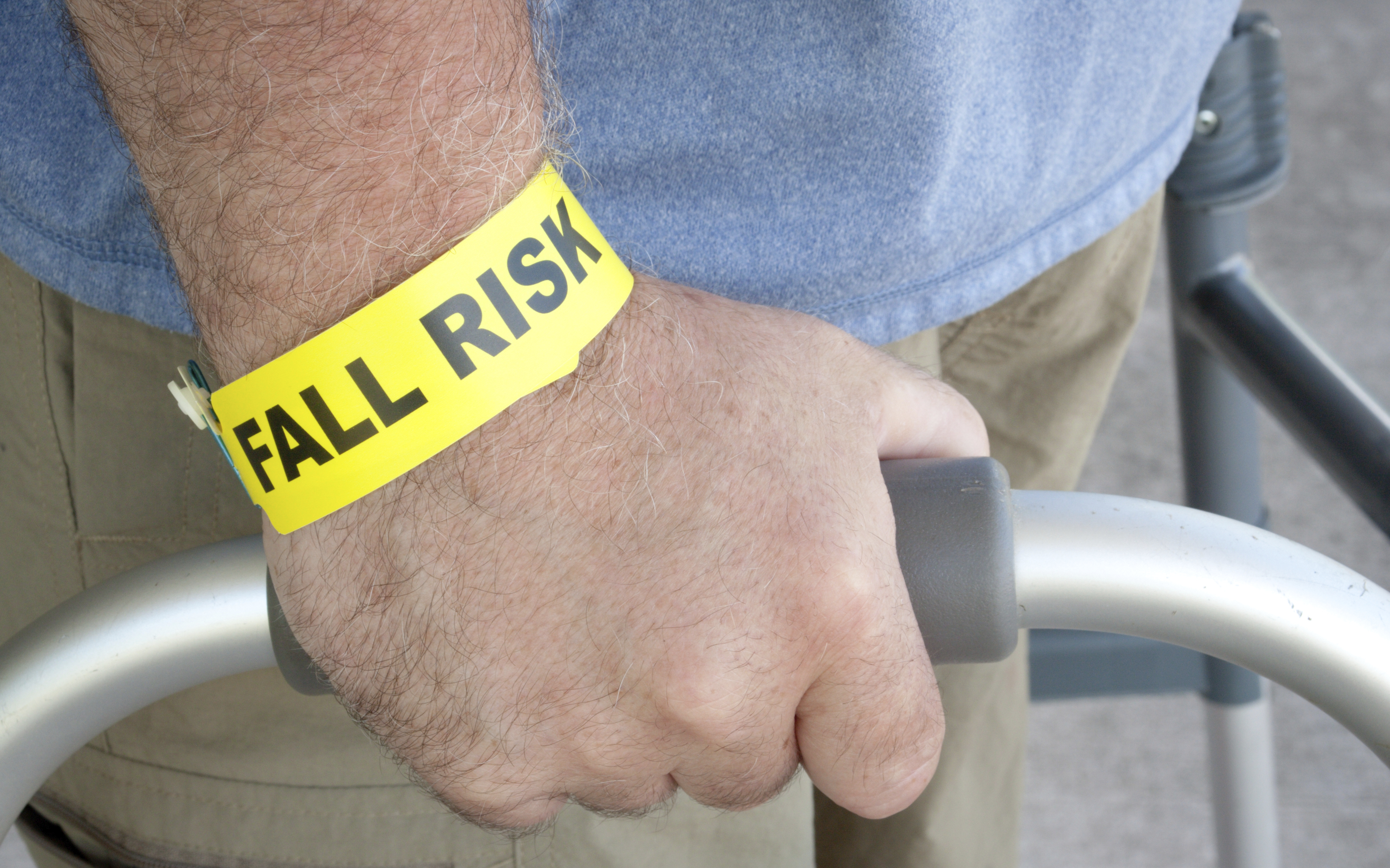
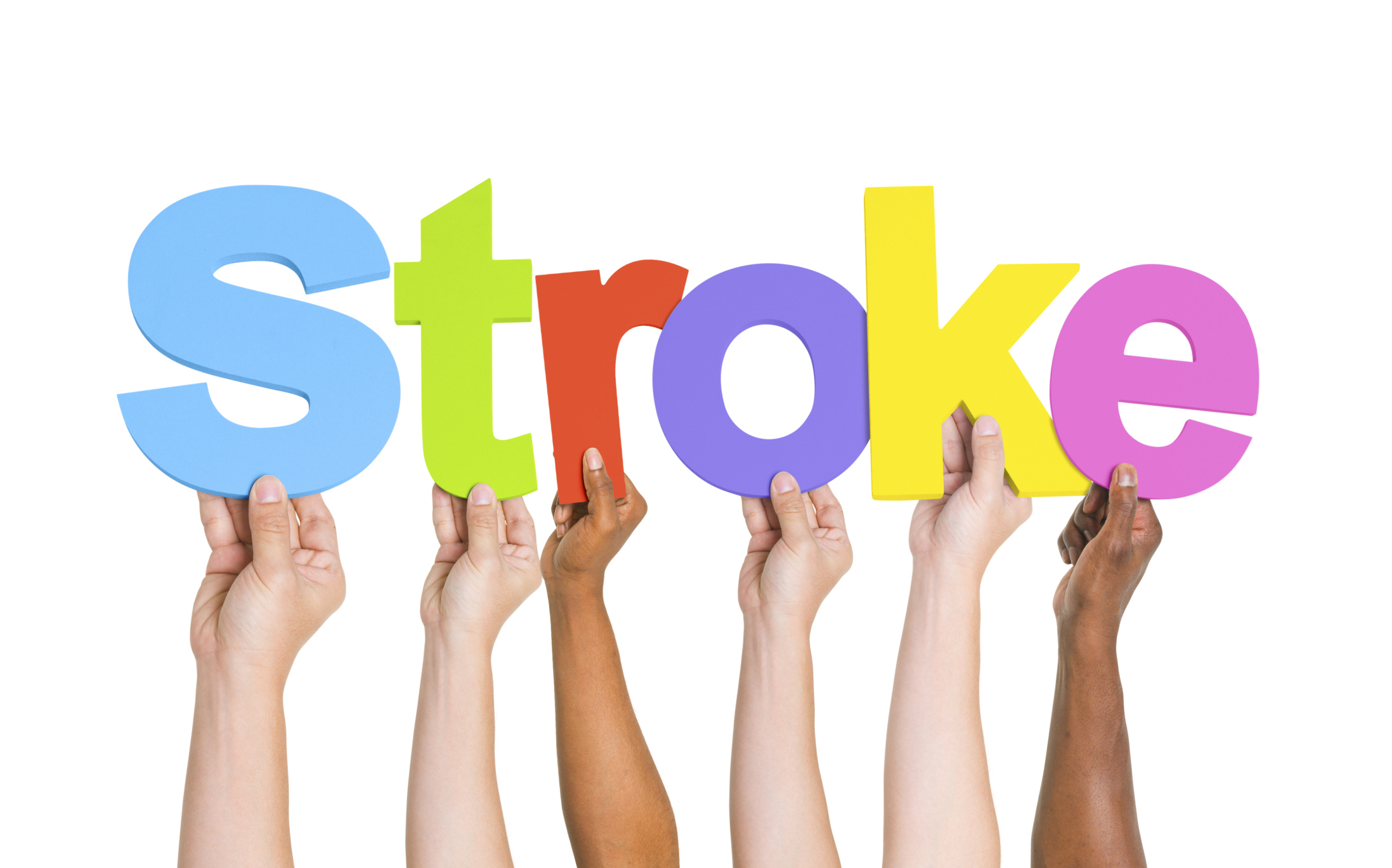


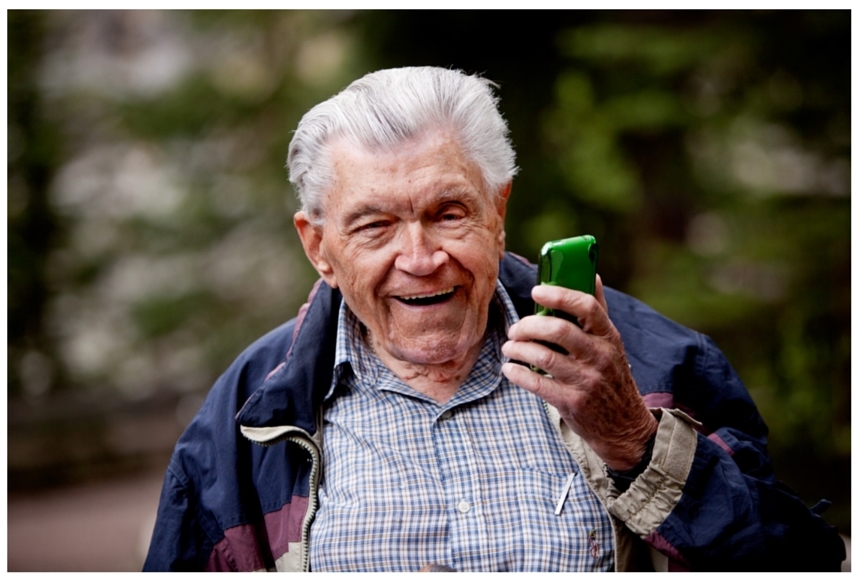

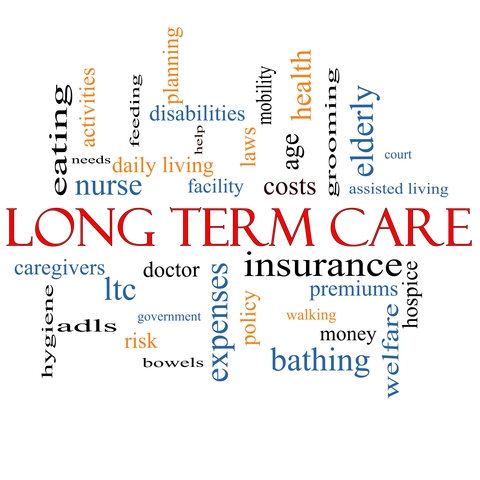
 It was so painful to watch; she gently and adoringly held his hand and stroked his withered face as he looked at her with a questioning look unable to recognize his wife of 56 years. The disease seemed to have crept up or perhaps it was there for a long time, yet accepting the reality was just not something anyone in the family was prepared to fully recognize.
It was so painful to watch; she gently and adoringly held his hand and stroked his withered face as he looked at her with a questioning look unable to recognize his wife of 56 years. The disease seemed to have crept up or perhaps it was there for a long time, yet accepting the reality was just not something anyone in the family was prepared to fully recognize.